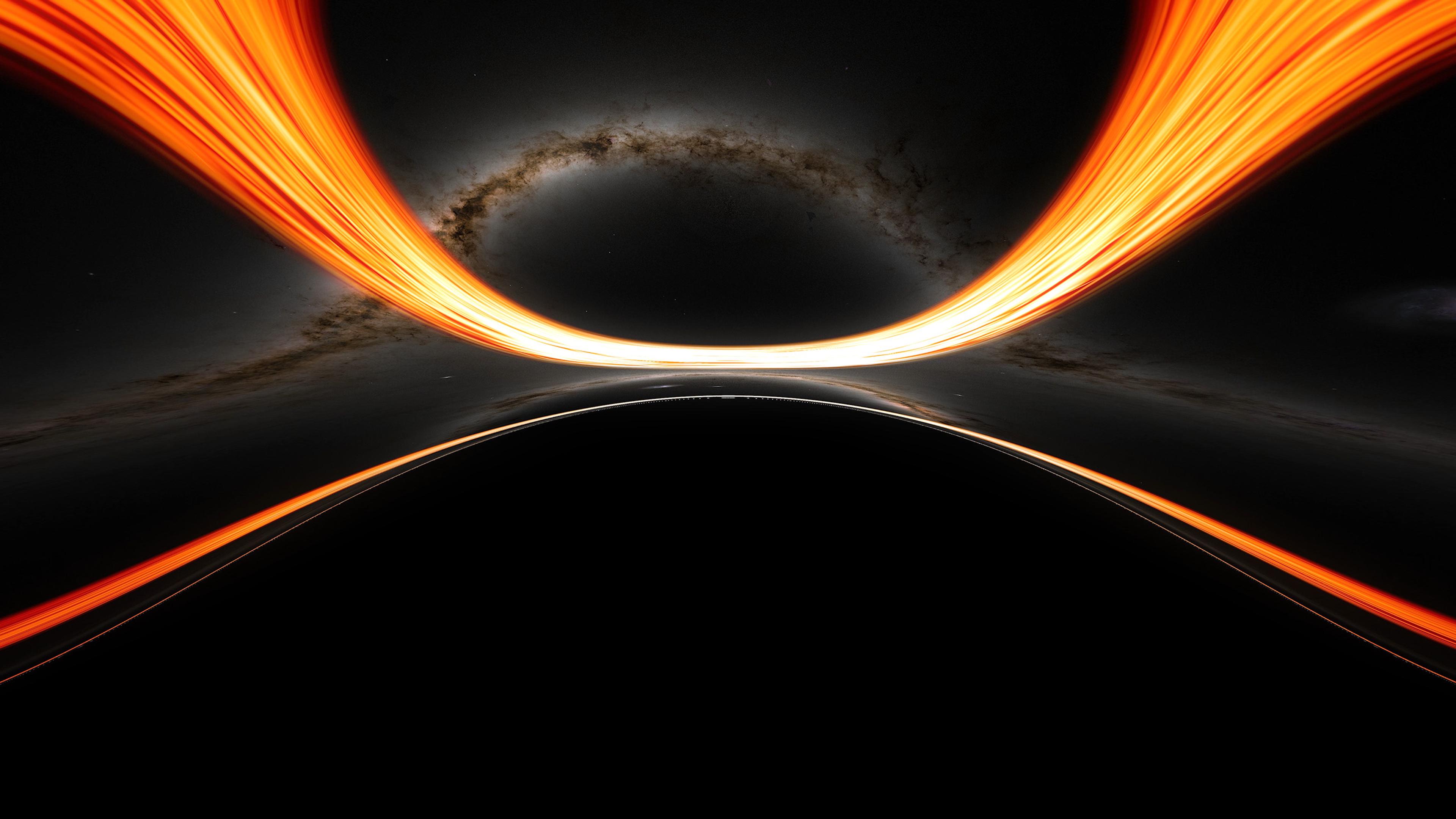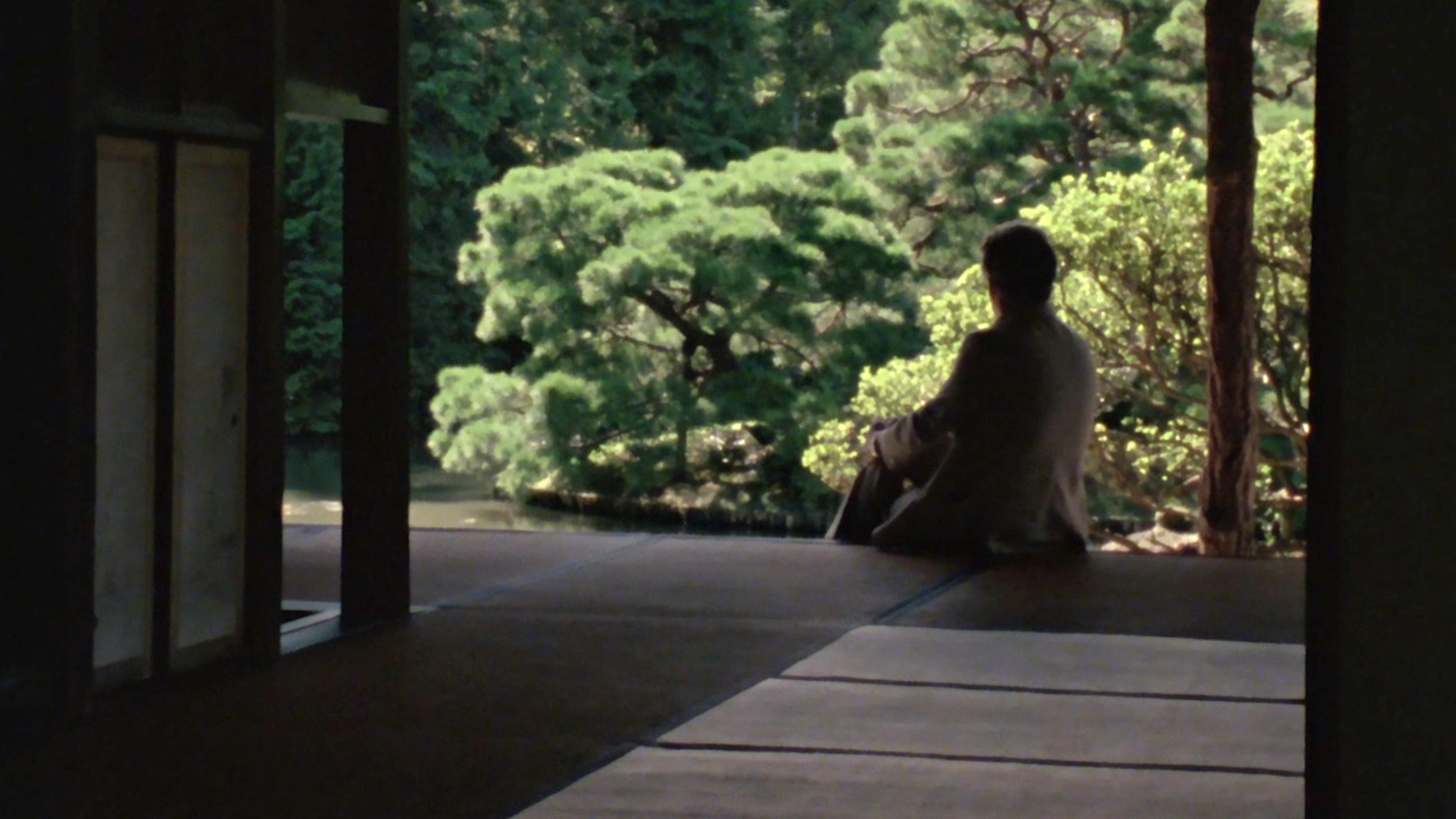Simple entities in universal harmony – Leibniz’s evocative perspective on reality
Warning: this film features rapidly flashing images that can be distressing to photosensitive viewers.
The German polymath Gottfried Wilhelm Leibniz (1646-1716) believed that the Universe fundamentally consists of radically simple mind-like building blocks – separate, indivisible, indestructible – from which emerges the unified world of matter and substance. Borrowing a term from ancient Greek philosophy, he called these entities ‘monads’, and attributed their existence to a ‘God, who perceives all monads with utter clarity’. He laid out this theory of metaphysics in his seminal work, the Monadology (1714). This short video essay for Epoché Magazine pairs excerpts from the notoriously dense text with enigmatic archival imagery and original music, making for a whirlwind introduction to Leibniz’s celebrated and controversial conception of the Universe.
Video by Epoché Magazine
Editor and composer: John C Brady

video
Animals and humans
Why be dragons? How massive, reptilian beasts entered our collective imagination
58 minutes

video
Biology
How the world’s richest reds are derived from an innocuous Mexican insect
5 minutes

video
Physics
The abyss at the edge of human understanding – a voyage into a black hole
4 minutes

video
Thinkers and theories
A rare female scholar of the Roman Empire, Hypatia lived and died as a secular voice
5 minutes

video
Architecture
The celebrated architect who took inspiration from sitting, waiting and contemplating
29 minutes

video
Chemistry
Why do the building blocks of life possess a mysterious symmetry?
12 minutes

video
Cosmology
Tiny, entangled universes that form or fizzle out – a theory of the quantum multiverse
11 minutes

video
Rituals and celebrations
A beginner’s guide to a joyful Persian tradition of spring renewal and rebirth
3 minutes

video
Astronomy
The history of astronomy is a history of conjuring intelligent life where it isn’t
34 minutes